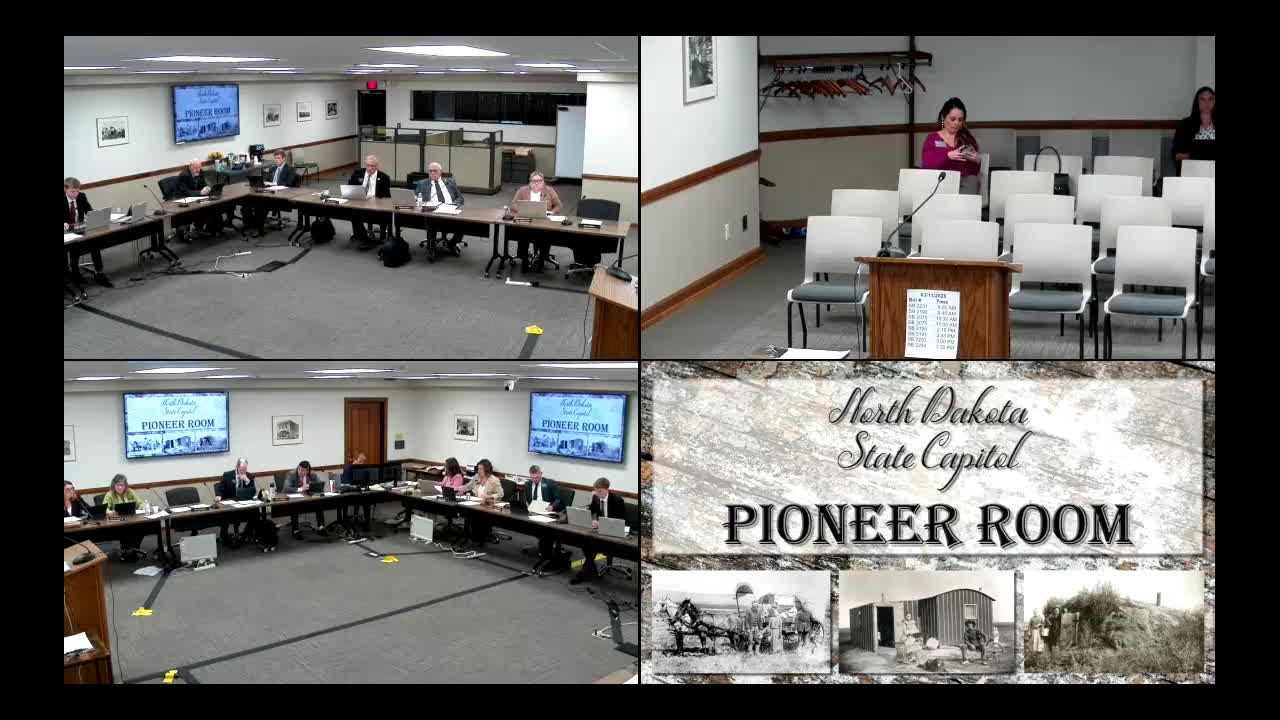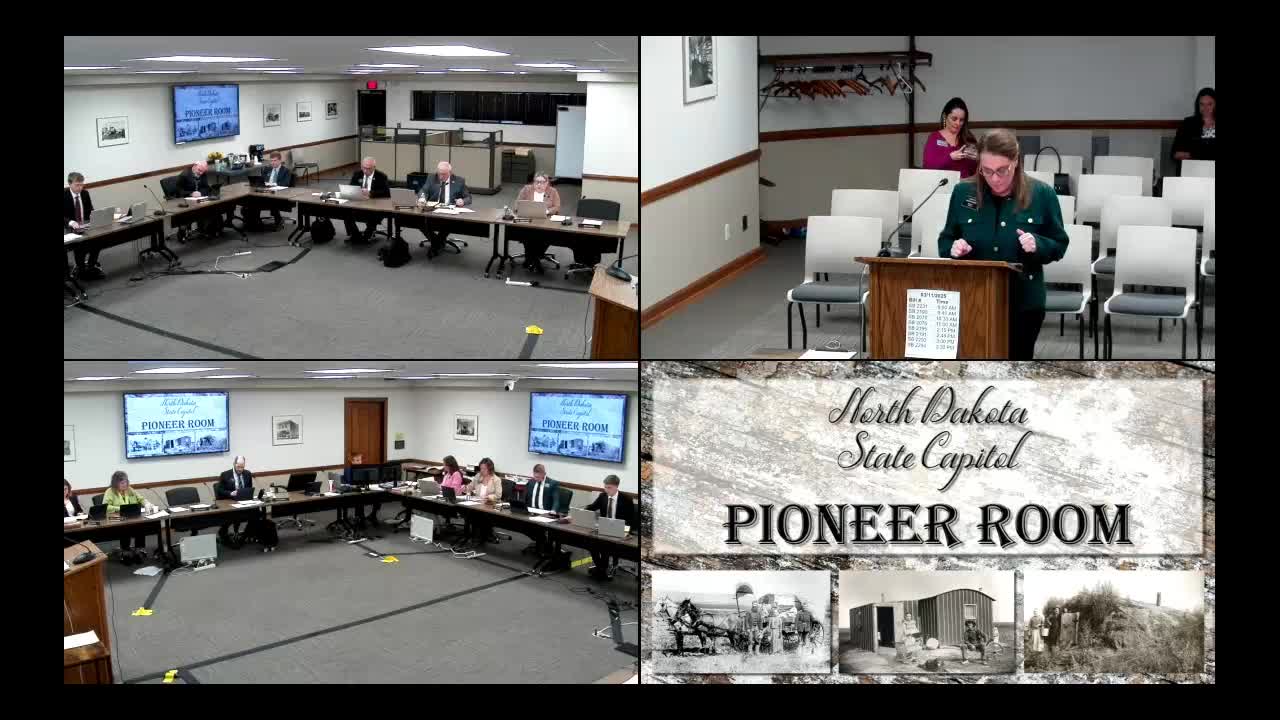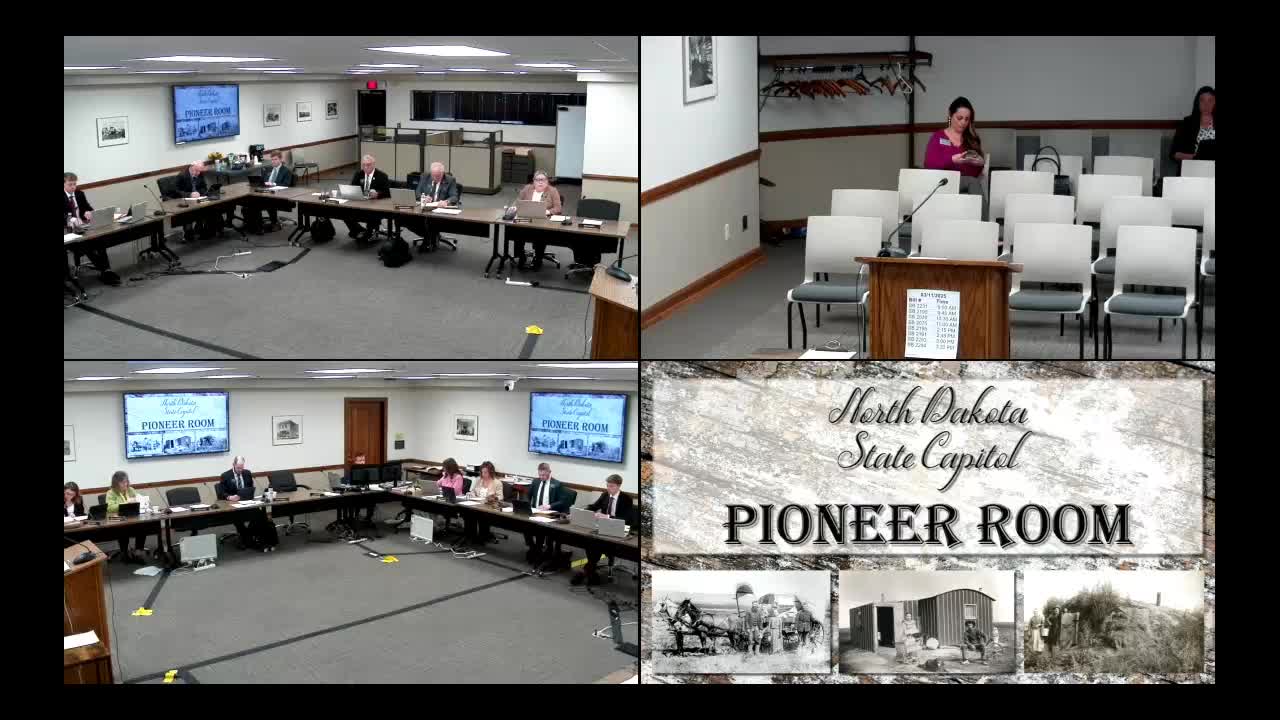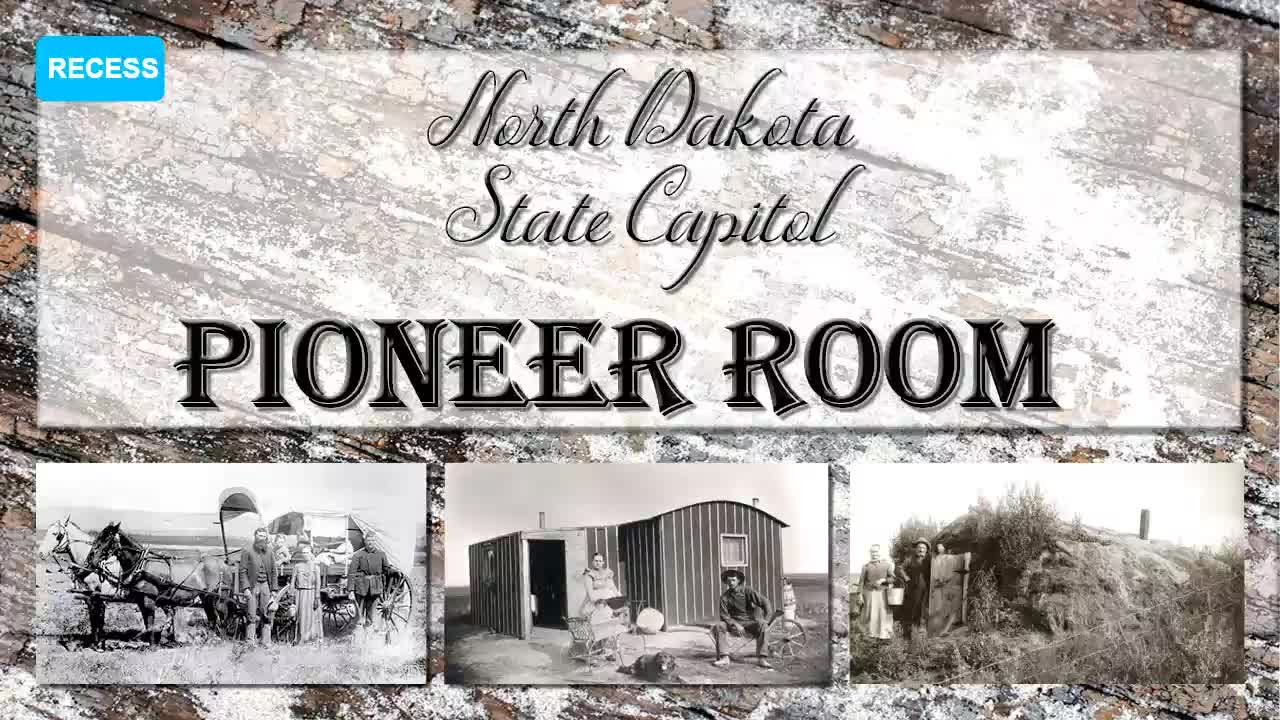Article not found
This article is no longer available. But don't worry—we've gathered other articles that discuss the same topic.

Senate hears bill on medical‑marijuana edibles, veterans attestation, licensing and telehealth adjustments

Committee hears narrow changes to medical‑marijuana rules on containers, caregiver age and ID verification

Sponsor urges study of health care services in county jails, citing uneven care and funding gaps

